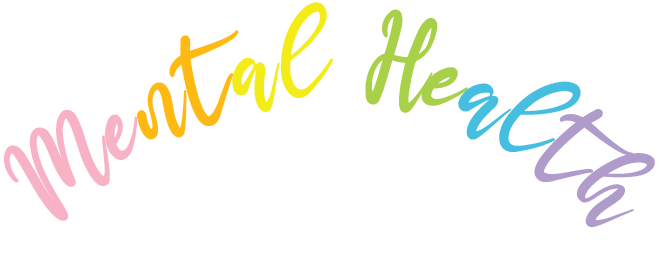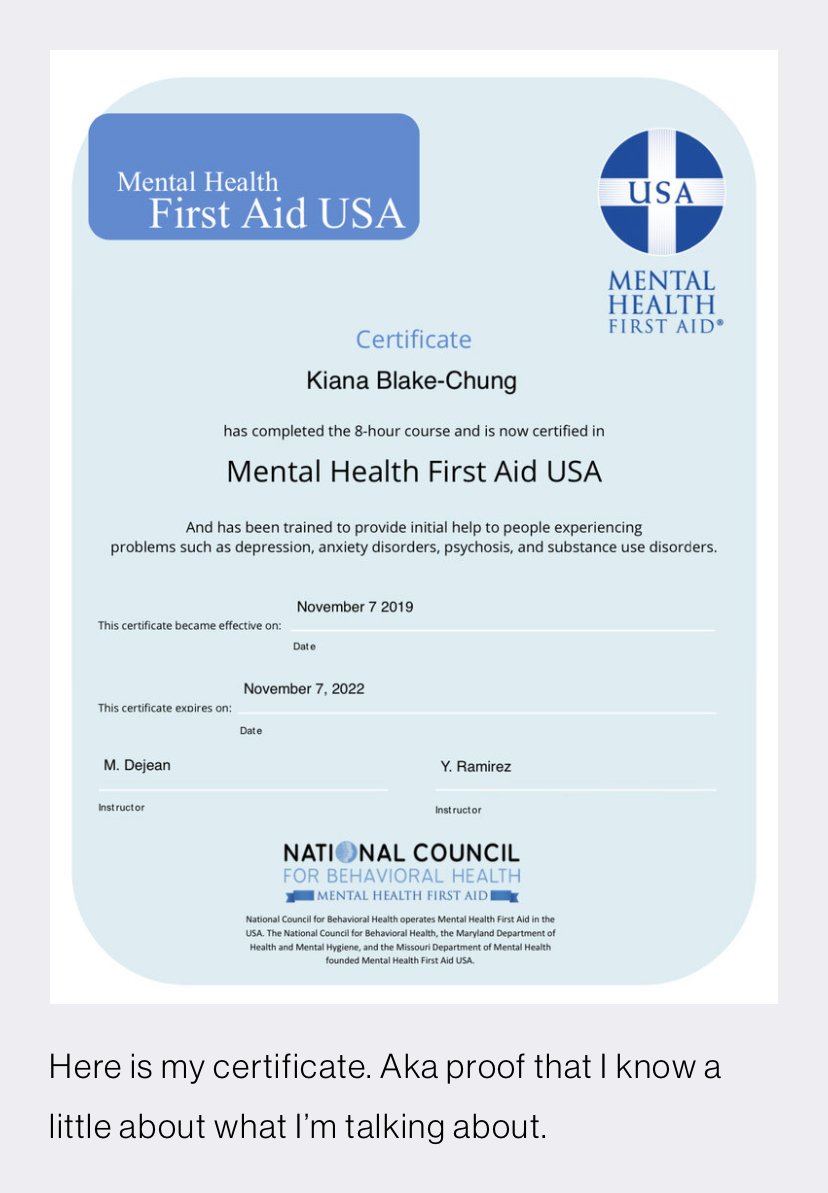Panic Attack First Aid
To my knowledge the first time I had a panic attack was in 2016. I was on a trip to New York and had accidentally bought the wrong tickets to a Broadway show. I was worried I wouldn’t get my refund and even though I was in New York, I had just lost my job the week before my trip, so money was a sore subject for me. My ex got us tickets to see Avenue Q off Broadway and I clutched my chest throughout the whole show, breathlessly chuckling while the audience roared with laughter.
I did not know that the sensation I was dealing with was a manifestation of anxiety. I wrongly believed that I didn’t deal with anxiety. Even years later, when therapists and doctors would ask me about anxiety I’d tell them that it was a rare occurrence. March 2019 to November 2019 I could no longer be in denial that I suffered from anxiety because it seemed that my panic attacks were a weekly occurrence.
At Starbucks, someone would order a drink and their name would be the name of the girl another ex left me for and I could barely breathe. I would step onto the train on my way to work and as soon as the doors closed, my heart would start to race. Or my alarm would go off for me to start making my way to work and I would feel as if I had been staked through the heart to the bed, unable to move or even speak for hours on end. I was not a very reliable or good employee back in those days and I am beyond thankful for the grace extended to me.
If you remember, I became a certified mental health first aider a couple years ago and one of the topics that we covered was anxiety attacks and panic attacks. Mental Health First Aid defines panic attacks as distinct episodes of high anxiety with fear or discomfort. The attack develops abruptly and has its peak within 10 minutes. During the attack several of the following symptoms are present:
Palpitations, pounding heart, rapid heart rate
Sweating
Trembling and shaking
Shortness of breath, sensations of choking or smothering
Chest pain or discomfort
Abdominal distress or nausea
Dizziness, lightheadedness, feeling faint or unsteady
Feelings of unreality or being detached from oneself
Fears of losing control or going crazy
Fear of dying
Numbness or tingling
Chills or hot flashes
Because everyone experiences panic attacks and anxiety attacks differently, it is impossible to state a fix- all method for helping someone through a panic attack because what is helpful to one person may not be helpful to another. If it looks like someone is experiencing these symptoms, tell them you believe they are having a panic attack and ask them if they have ever experienced them before. If they have, they might have prescribed medicine on hand to help them through the moment. If they haven’t, reassure them that the moment will pass. It is important for the person helping to remain calm and be a grounding presence. Speaking clearly and slowly in short sentences is a way to achieve this demeanor.
What I usually do in the first moments of helping myself out of a panic attack or helping someone else is to attempt to regulate breathing. There are several different breathing techniques out there but the one my therapist always tried with me was the 4-7-8 breathing. Breathe in deeply for four seconds, hold it for 7 and exhale slowly for 8. However, feel free to adjust the timing according to your lungs’ physical limits. A friend called me the other day when they were having a panic attack and we started laughing together when they were like “okay I can’t hold my breath for this long; can we shorten this?”
4-7-8 Breathing Techniques on Healthline.com
When you can breathe regularly again, when the initial panic has passed it is important to find ways to relax and take it easy. Panic attacks take a huge toll on the body. I used to be unable to get out of bed the day after a panic attack because it felt like I had been hit by a truck. I used medicine to help calm in the moment and that worked but that did not make for an easy day after.
There are so many different techniques that people use to distract or calm themselves during and after a panic attack. I am a very musical person so I like to use music a lot of the time. One distraction technique that I liked to use often was putting on a very complicated symphonic song and trying to pick out the different melodies that each instrument was playing. I also like to use crystal bowl sounds that I found on Spotify to help me relax. Some believe that sound baths contain healing properties. I don’t know much about the science behind that, if there is any, but I do know that it is very calming.
Crystal Bowl Sound Healing - Album by Tryshe Dhevney | Spotify
I asked the Mental Health Tings community on instagram what they like to do when they are panicking and everybody had a different answer. Here are some of the suggestions:
Use a cold wet washcloth on your forehead and the back of your neck
Go for a run
Smell a calming scent like lavender essential oils
Bake something for a distraction
Yoga
Eat something
Some Journaling Prompts for anxiety (or talking prompts):
Can you pinpoint what you are anxious about?
What are the thoughts running through your mind? Sometimes the things that are troubling us are things that are outside of our control and we have to look at what it is we can control.
What are the action steps that we can take to fix our situation?
If you are catastrophizing I like to write down all those thoughts as well. Answer the question: what is the worst thing that could happen?
And then ask: what would I do if that happened? It helps to form back up plans to your worst case scenarios that way you are prepared for the worst, and you realize that you are capable of handling your worst case scenarios.
It is important if you struggle with anxiety regularly to have a plan in place for panic attacks before they happen. Know what works for you so you can articulate it to someone trying to help you. Know yourself and potential triggers for your panic attacks and try to avoid those when you’re feeling especially vulnerable. When I am feeling particularly anxious I tend to avoid caffeine because I know the effects can mimic a panic attack.
Panic attacks will come and go. There's no telling when the next wave will hit you. All you can do is try to have a few remedies in your back pocket to be there when you need them the most. I hope this inconclusive list gives you some new ideas so you can have a safe, healing routine to help yourself before you’ll need it the most.
If this was helpful or inspiring for you, please consider donating towards the cost of the domain.
S/O to my sister Rinny and Heather Sampson for editing.
S/O to my patrons for their support of my writing career. If you would like to check out the additional writings I have on Patreon, including excerpts from my upcoming memoir, click on the button below.



